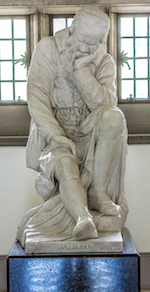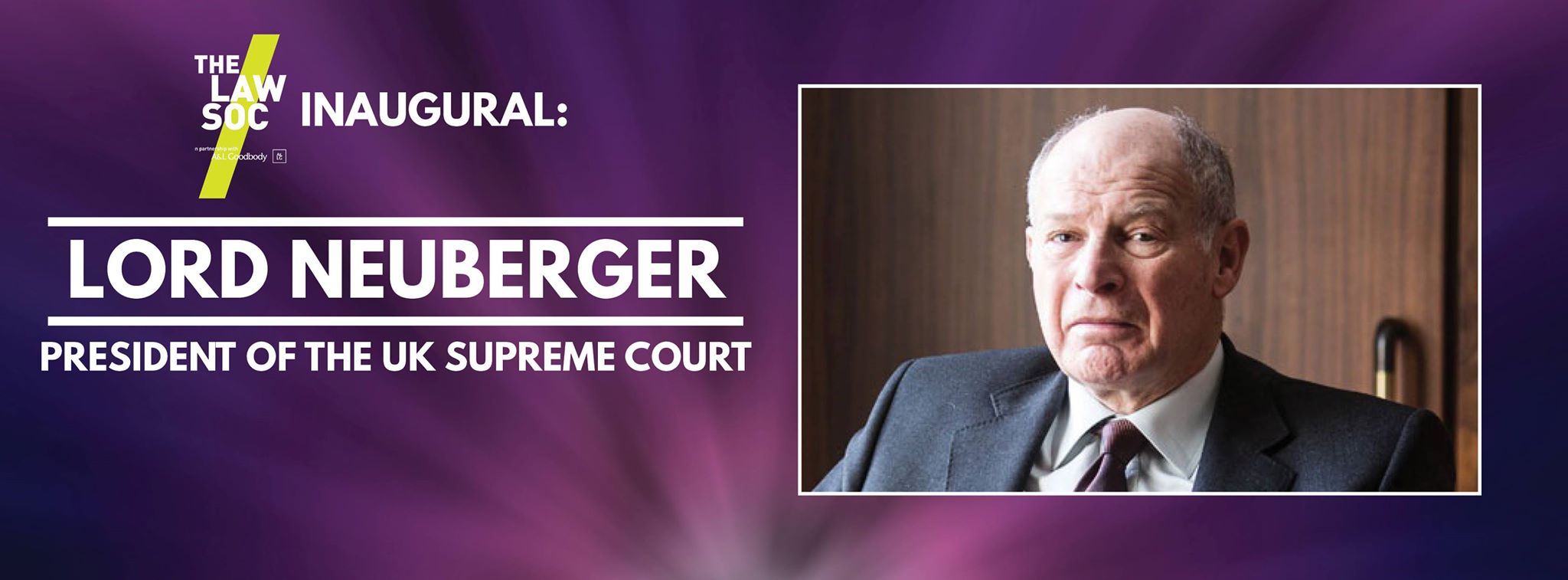From Galileo and Milton to Charlie Hebdo – More on the cancelled QUB conference
 In an earlier post – Queen’s University Belfast n’est pas Charlie Hebdo; instead, it says nothing – I criticised Queen’s for cancelling a symposium planned by the Institute for Collaborative Research in the Humanities on “new perspectives on contemporary citizenship after Charlie Hebdo“.
In an earlier post – Queen’s University Belfast n’est pas Charlie Hebdo; instead, it says nothing – I criticised Queen’s for cancelling a symposium planned by the Institute for Collaborative Research in the Humanities on “new perspectives on contemporary citizenship after Charlie Hebdo“.
I wrote that post on Tuesday evening. Since then, there have been some interesting media reports and discussions about the issue. For example, BBC News, the Huffington Post and Channel 4 News have picked up the story. Inevitably, QUB’s long-running student newspaper, The Gown has run with it. And there are three interesting pieces in the Belfast Telegraph about this: University cancels Hebdo conference, which reported criticism of the cancellation; QUB in censorship row after cancelling summit on Charlie Hebdo attack, which reported that a “spokesperson for the PSNI said police were not aware of a threat, but were looking into the matter”; and Queen’s University Hebdo talk cancelled ‘over risk assessment’, which reported:
…Queen’s University has said it cancelled a conference about the Charlie Hebdo massacre because no risk assessment had been carried out. … Queen’s said it was a requirement for campus events to have a full risk assessment beforehand.






